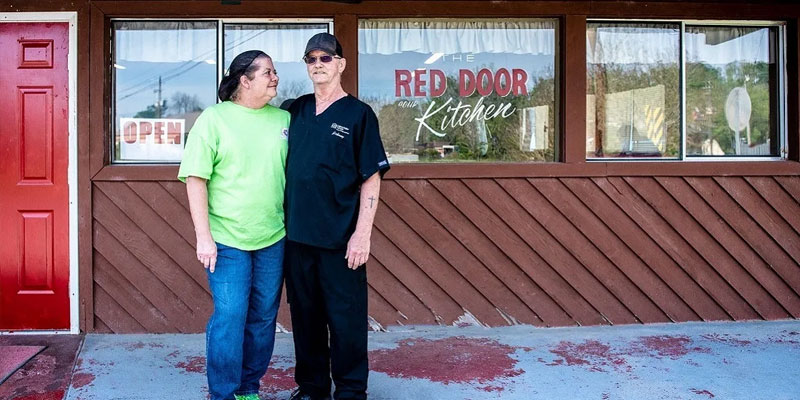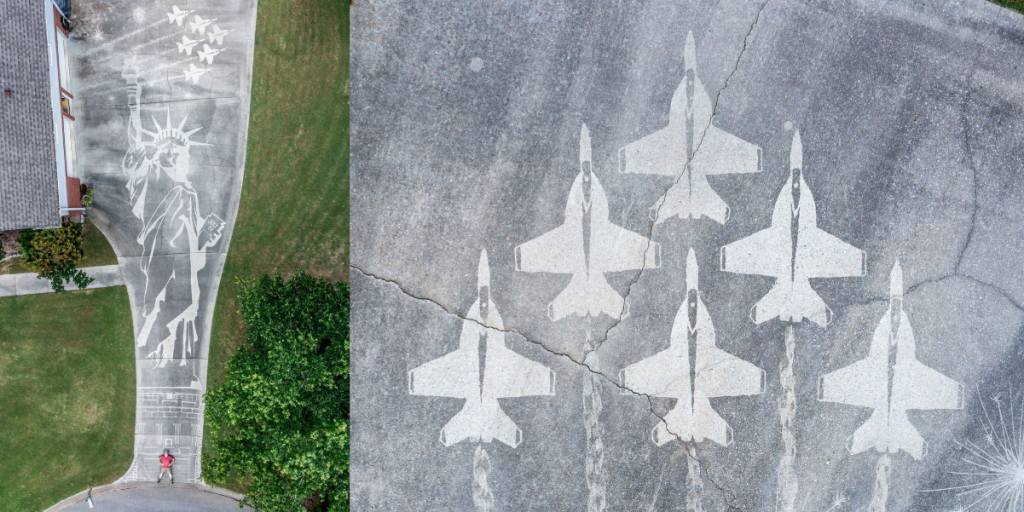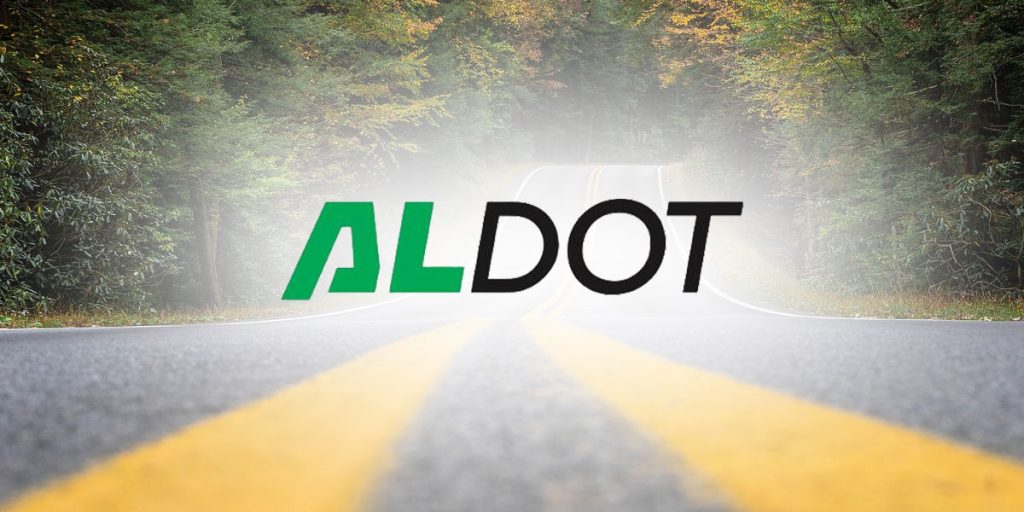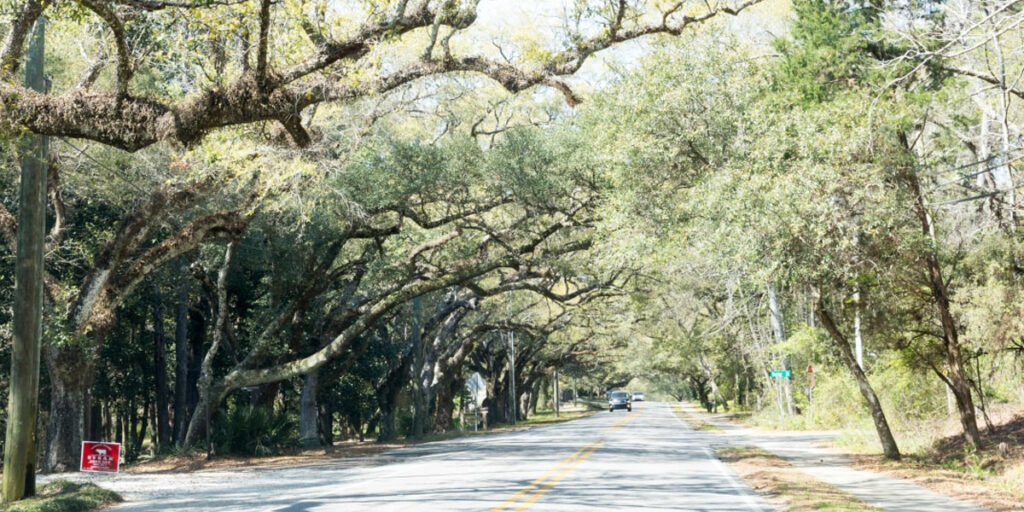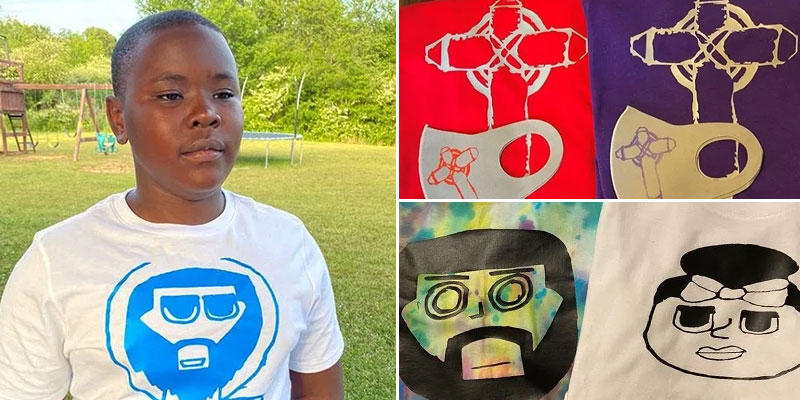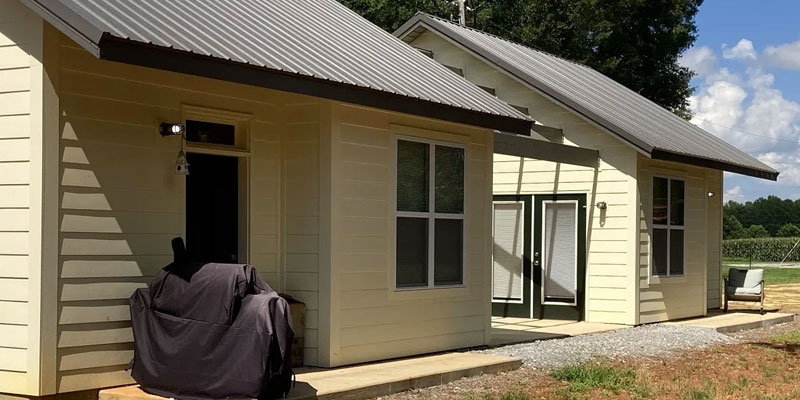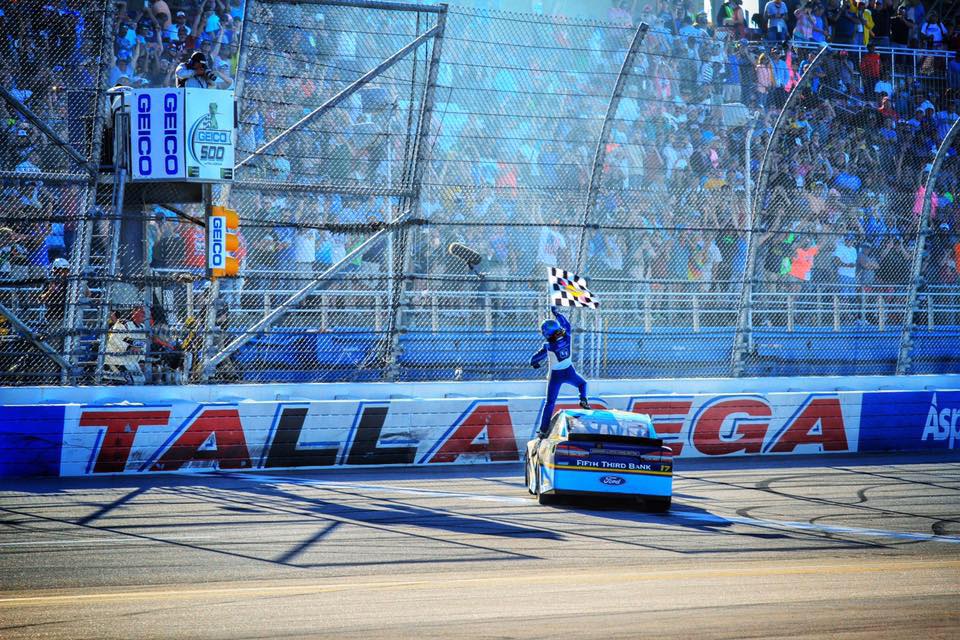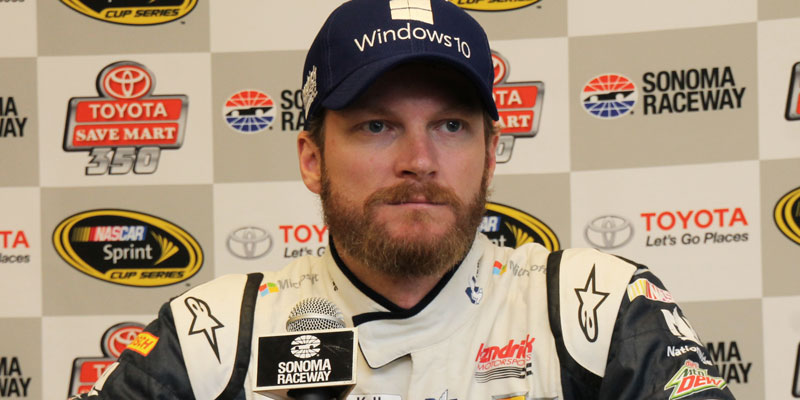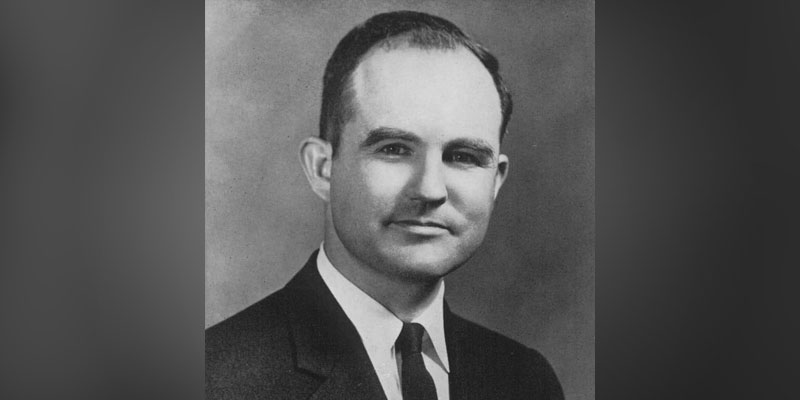The white lid softly and snugly shuts on a cardinal-red cooler before it is lifted off the long table it has been sharing with identical coolers, walked through a red door and hoisted into the bed of a dark gray pickup. It will bounce around a bit as it travels the streets of Talladega, and the next time it’s opened, it will yield dual treasures: a hot, nutritious meal and the promise of an equally warm visit with a friend.
It’s not just any colorful cooler; it’s a Red Door Kitchen cooler, an essential tool in this nonprofit’s mission to feed the hungry, a mission it’s been fulfilling since 1985. That year, leaders from a few area churches opened the “red door” at the organization’s first location and invited anyone to come in and get a bowl of soup and a sandwich, no charge and no questions.
In 1995, Red Door Kitchen (RDK) expanded its services, creating a “meals on wheels” ministry to aid the homebound hungry in the community. Today, about 50 loyal volunteer drivers arrive every weekday morning, each grabbing one of the red coolers packed tight with meals and setting off on their routes, delivering lunch plates and a few minutes of fellowship to about 80 people, including many older people. For those receiving the meals, both gifts are of value, said Pat Miller, who has volunteered with RDK for years.
“They need the meal, but what we also bring them is the chance to talk to someone, to interact, to share some news,” she said. “Sometimes, these people just don’t get to see a lot of other people, and I know they get lonely.”
Miller knows that isolation and hunger are both harmful, and that she and other RDK volunteers provide relief on both counts. It’s why she has a noticeable spring in her step as she and her husband, Frank, walk out of the organization’s signature red door and leave to check on “their people.”
The Red Door Kitchen delivers hot meals and warm visits from Alabama NewsCenter on Vimeo.
Opening the door wide
It’s the organization’s second location, which it moved to in 1996, that really opened the door to serve more people in the community. Once a barbecue restaurant, the building’s commercial kitchen and food-specific storage spaces meant RDK could begin offering more than just soup and sandwiches. Through the years, the organization has made improvements to the structure, and recent grants have paved the way for RDK to broaden its reach.
Billy Sparkman, president of the RDK board of directors, said that’s the whole point. “We’re here because there’s a need – and the need is increasing – and everyone on the RDK team knows we have to try to meet it,” he said. “To do that … we need resources; we need our wonderful volunteers.”
Back inside the red door, even with the last cooler of food gone, a tantalizing mix of aromas from the day’s menu – smoky ham, slow-simmered greens and sweet potatoes – still perfumes the empty dining room.
Pre-pandemic, some folks would have been walking in to enjoy a plate of cook Shonee Smith’s comfort-food classics. She joined the RDK team in 2018, not long after retiring from the nearby Honda auto plant.
“This is a good place and a good ministry,” she said. “It’s been a blessing for me to be here, doing this. I’ve seen people in their worst situations. I’ve seen people in their best situations.”
But even before COVID-19 shut down the dining room, delivering meals was a focal point for RDK.
“When we started with the deliveries, we dropped off almost 16,000 meals,” Sparkman said. “Last year, that number rose to 20,851. The program has really evolved.”
RDK finds the people it helps through another local organization, First Family Services. The majority are older people, but not all are in financial difficulty; anyone who can’t fix a meal or get food for themselves can get on the delivery meal list.
A Red Door day
Every day begins the same way: Smith and her husband, Johnny, arrive 5:30-6 a.m. They set to work opening cans, chopping fresh ingredients, preheating ovens and making chicken and rice casserole, pork chops, green beans, spaghetti, sautéed squash, pinto beans, creamed corn and more.
The Smiths are RDK’s only regular staff; once they’re done cooking, the volunteer brigade takes over. On a typical day, a group of retired women shows up to help the Smiths transfer food from pots and pans into takeout boxes. Another volunteer, the route director, puts out the coolers and then more volunteers fill them up with meals. Drivers file in for the next hour or so to pick up coolers for those on their delivery list. And it all starts again early the next morning.
The simple, straightforward process belies the scope and significance of RDK’s impact. “The drivers can be the only person that the homebound see or talk to all day,” Sparkman said. Conversation and smiles are key elements of RDK’s service. But sometimes, the drivers encounter serious threats. When an elderly lady dropped a cup and cut herself badly, it was her RDK delivery driver who administered first aid and got her additional medical attention.
In another instance, a driver saved a life. “A volunteer couple knocked on a door and there was no answer, but they could hear the man’s little dog really yappin’,” Sparkman recalled. “They got the manager to open up his place and found him unconscious on the floor. They were able to get an ambulance there to help.”
Drivers get to know the meal recipients on their routes and might notice a mental decline or other health issue. “They become advocates for these people, and some of them don’t have anyone else for that,” Shonee Smith said.
COVID-19 was an obvious risk for folks on the delivery list and many of the volunteers over age 65, so RDK put precautions in place, such as having drivers set meals at the door, knock and back away. With masks in place, some volunteers and those they serve still felt comfortable with a little socially distanced social time. But others did not, especially in the beginning. Sparkman is happy to report that, as COVID-19 news continues to improve, the camaraderie is coming back.
Cycle of support
Sparkman praised the strong, consistent support the organization gets from the community. “The city of Talladega supports us. We get so many food donations from churches, groups, schools and even the post office here doing food drives,” he said. “We recently had a company drop off 1,000 pounds of food. It’s such a diverse array of people helping us help others.”
The support is important, but RDK volunteers are “integral,” Sparkman said. Most seem to get as much as they give.
“I enjoy seeing the people we serve,” Miller said. “We get to know them, and they’re all so sweet and appreciative. I really look forward to seeing them every week.”
Some RDK volunteers reap additional benefits. The Burton Center, a local clinic for intellectual disabilities, brings clients to assist with meal deliveries as often as four days a week. Running the route helps the clients learn directions, remember numbers and names, and hone their people skills. “It’s a great activity and outlet for our patients,” said D’ante Wright, who works with the center. “It’s also really rewarding for them to help someone else.”
In a circle of connection and compassion that’s continuing to grow, RDK is providing more than physical sustenance.
“The relationships are what really count,” Shonee Smith said. “Our volunteers are amazing at that. Taking the time to talk and listen, to help with things, like getting something off a top shelf or from under a bed, that we might think are minor. They treat the people we care for like family, and that can make a dramatic change in these folks’ lives.”
This story is part of a series about nonprofits aided by the Alabama Power Foundation, based on the foundation’s 2020 Annual Report, “At the Point of Change.” Read a story about The King’s Canvas.
(Courtesy of Alabama NewsCenter)




